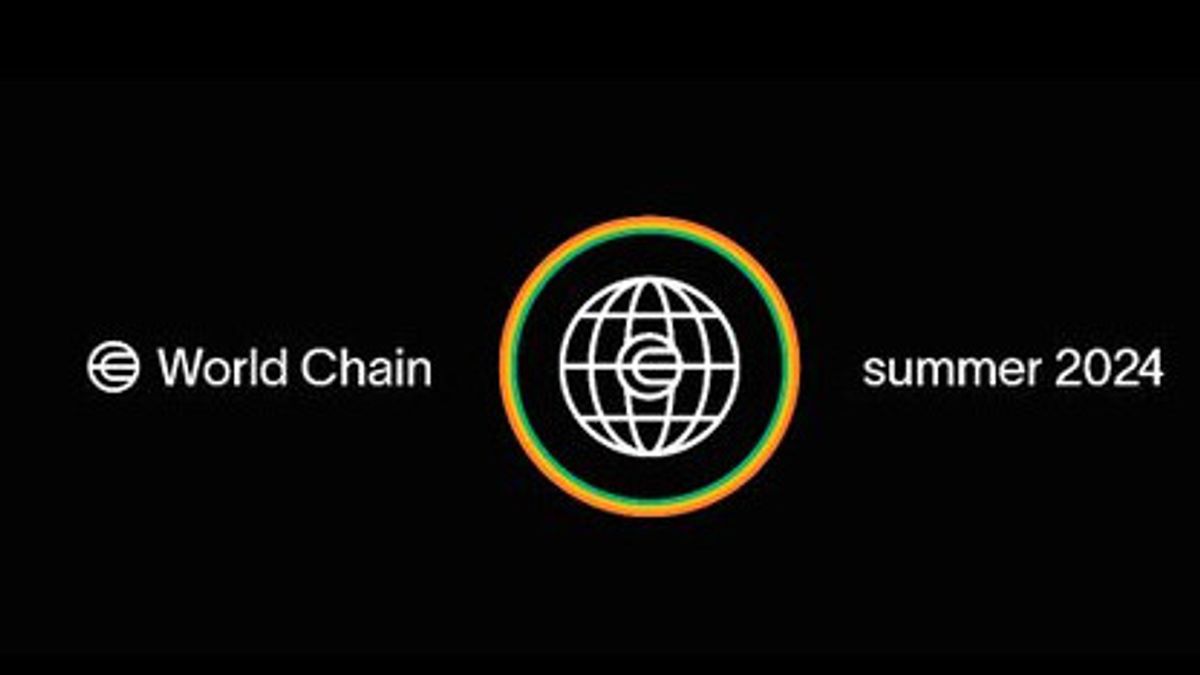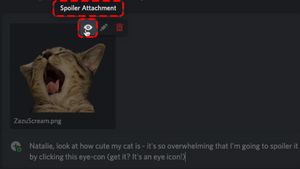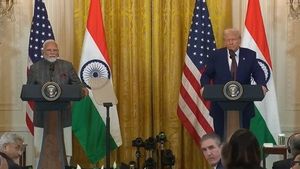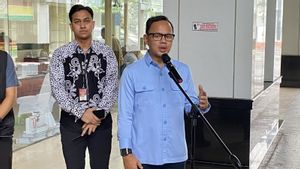JAKARTA - On April 17, Worldcoin announced World Chain, a new blockchain initiative designed to prioritize human users, increase efficiency, and promote real-world utility in Web3 applications.
Worldcoin recently surpassed 10 million World IDs created and 75 million completed transactions. This signals rapid expansion of the project. The network in particular has been designed to evolve alongside the broader Ethereum network as layer 2 to meet project needs.
Tiago Sada, head of operations at Worldcoin, said that while technically, World Chain will act similarly to other L2s and Ethereum, the nuance is that the network prioritizes humans over bots, with blockchains often facing congestion due to bot activity.
"Typically, the way it works is that each account is fighting for block space. Typically, because bots can move faster and they can beat humans," he said, "The network gets saturated with all the transactions for the bots, and the humans get the leftovers — often, they can't even get in."
The World Chain solution tries to address this by prioritizing transactions completed by verified World ID holders.
"This network will be an open and permissioned network like everyone else, but we will prioritize transactions for humans so that their transactions are guaranteed to go through, and the rest of the block space is like other blockchains," said Sada.
Additionally, Sada explains how verified users will receive free gas allocations, minimizing friction for newbies. The protocol aims to achieve a balance where bots and influential users ultimately cover the gas costs for casual users.
SEE ALSO:
The network is aligned with Ethereum and also collaborates with projects such as Optimism and Base. Worldcoin estimates a full launch will take place in the summer, with a developer preview expected soon.
The announcement comes after a series of changes the project has made, including tightening its privacy checks to improve user data protection and ensuring that its platform is only available to people over 18 as well as allowing permanent deletion of users' iris codes.
On March 22, Worldcoin even open-sourced its orb software and implemented a new “private storage” privacy feature.
These steps follow scrutiny from world governments over its privacy practices, which has led to some temporary bans on operations in countries such as Portugal, Kenya, and Spain.
Responding to the probe, Saba said that it was a natural process of introducing a new protocol that was “fortunately” developing rapidly as was the case with Worldcoin.
"When a project starts to develop, the government's job is to ensure that everything the project says is actually true. And I think that's completely natural," Sada added.
The English, Chinese, Japanese, Arabic, and French versions are automatically generated by the AI. So there may still be inaccuracies in translating, please always see Indonesian as our main language. (system supported by DigitalSiber.id)


















